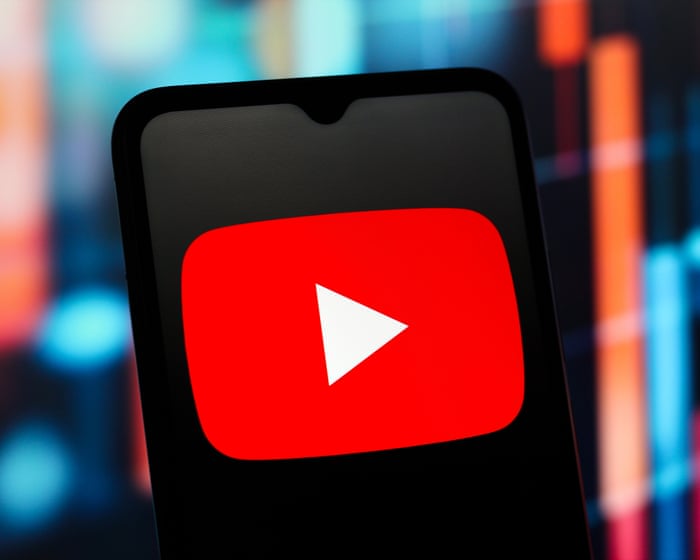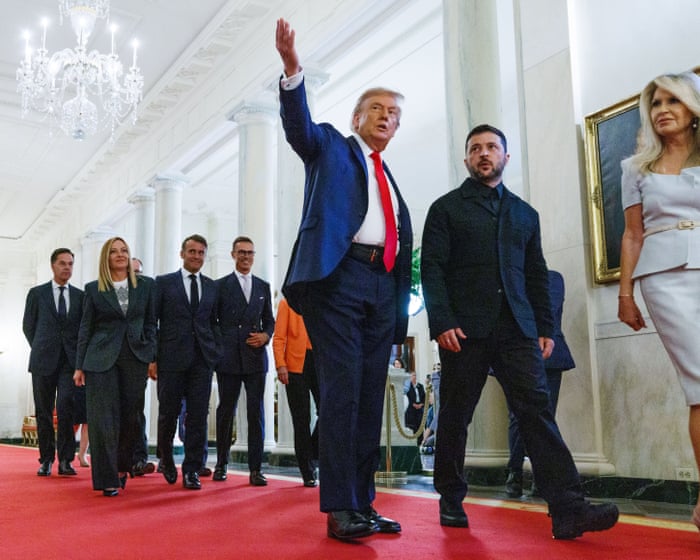Starting in December, children under 16 will no longer be allowed to have YouTube accounts, as the federal government reverses its earlier decision to exclude the platform from new social media restrictions for minors. Prime Minister Anthony Albanese and Communications Minister Anika Wells will confirm the decision on Wednesday, which is expected to spark strong opposition from YouTube’s parent company, Google. The announcement coincides with a major event YouTube is hosting for politicians in Parliament House that evening.
YouTube had previously argued it operates differently from other social media platforms and secured an exemption under former Communications Minister Michelle Rowland. However, Minister Wells, after consulting with the eSafety commissioner, determined YouTube should be included due to potential risks to young users.
“The Albanese government is giving kids a break from the overwhelming influence of social media while giving parents reassurance,” Wells said. “Social media has its place, but not when it uses manipulative algorithms to target children.”
YouTube will now join Facebook, Instagram, Snapchat, TikTok, X, and others as an age-restricted platform. Recent research by eSafety commissioner Julie Inman Grant found that nearly 40% of children surveyed reported encountering harmful content on YouTube—the most frequently cited platform in the study.
While children can still watch YouTube videos without logging in, the new rules specifically prevent them from creating accounts. Platforms that fail to implement “reasonable steps” to block underage users by December could face fines up to $49.5 million.
Some tech companies have privately expressed concerns about unclear requirements for meeting the “reasonable steps” standard, including what verification methods they need to adopt. The government plans to provide more detailed guidance in the coming months.
“Social media companies have a responsibility, and Australian children are clearly suffering the consequences of these platforms—it’s time to act,” Albanese said. “We’re standing with Australian parents to protect their kids from online harm.”
The government will also clarify which services won’t be affected by the ban, such as gaming platforms, messaging apps, and health services. YouTube had initially been grouped with educational and support apps like ReachOut’s PeerChat and Kids Helpline’s MyCircle.
Other major platforms like Meta (Facebook and Instagram), TikTok, and Snapchat had criticized YouTube’s initial exemption, calling it unfair and demanding equal treatment. TikTok described the exception as an “irrational sweetheart deal.”
YouTube recently warned the government it may take legal action if included in the ban. The new restrictions take effect in December, with enforcement details to be finalized in the coming months.A YouTube spokesperson stated on Sunday: “YouTube is a video-sharing platform, not a social media service, that provides benefits and value to young Australians.”
Prime Minister Albanese emphasized on Sunday that the government would make its decision “independently of any threats from social media companies.”
Google will host its annual “Google at Parliament House” event on Wednesday night, a popular showcase for its products. Past events have featured entertainment like The Wiggles, while this year’s lineup includes Australian band The Rubens, according to invitations seen by Guardian Australia.
The invitations highlight that attendees can “hear from partners and businesses, and meet some of Australia’s favorite YouTube creators, including The Mik Maks and Never Too Small.” The event typically draws large numbers of politicians and staffers each year.
Minister Wells reaffirmed the government’s commitment to the legislation, stating: “We want children to understand their own identity before platforms define it for them.”
She added: “There’s no perfect solution for online safety, but raising the minimum age for social media will significantly improve young Australians’ wellbeing.”



